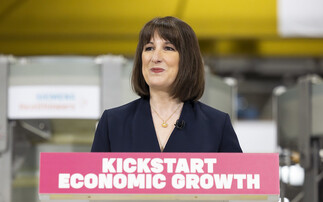The EU's emissions target will require a step change in decarbonisation, according to analysis by PwC's Jonathan Grant and Rob Milnes
The EU has committed to at least a 40 per cent reduction in emissions on 1990 levels by 2030. The target is no surprise, as it is the one the Council agreed last October in the 2030 climate and energy package.
Carbon intensity in the EU has fallen by two per cent each year on average since 2000. But PwC expects economic growth to pick up in the EU, and we forecast GDP will be 62 per cent higher in 2030 than 2000. This rate of GDP growth means that if the EU continues on its current modest decarbonisation path, emissions will be only 16 per cent below 1990 levels by 2030.
In this light 40 per cent looks ambitious. The EU will need to nearly double its current rate of decarbonisation to achieve the 40 per cent reduction target by 2030. By 2022 European countries will need to have the same carbon intensity as France today, which is the lowest of the G20 countries, and then cut this by a quarter by 2030.

Jonathan Grant is director and Rob Milnes is manager of sustainability and climate change at PwC.
This article is part of BusinessGreen's Road to Paris hub, hosted in association with PwC








